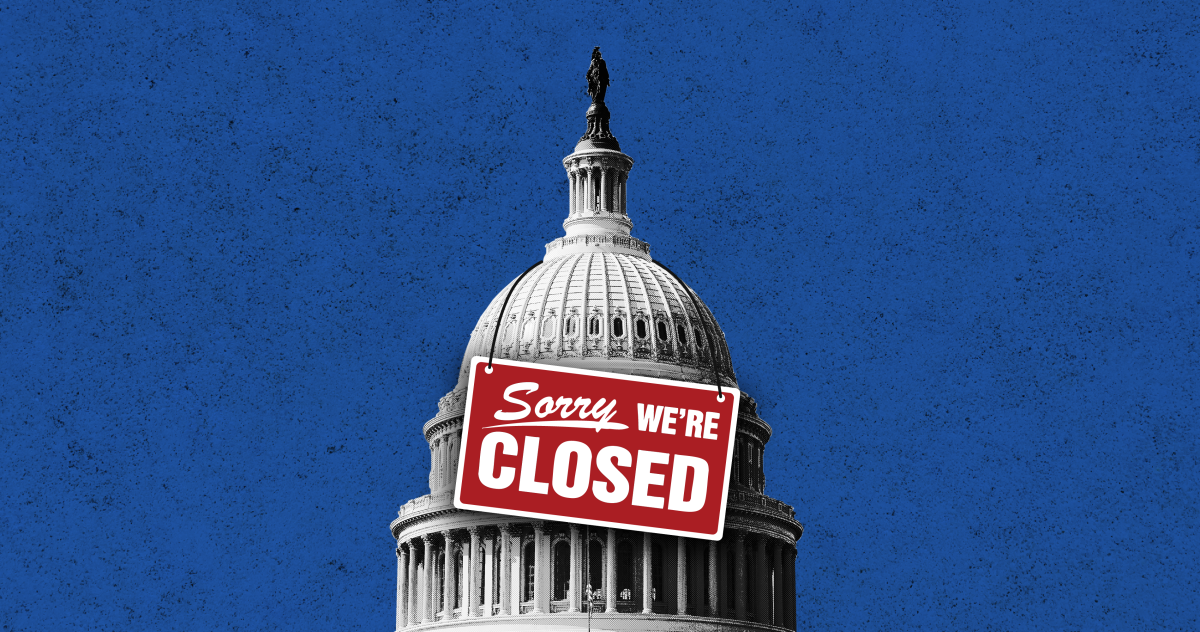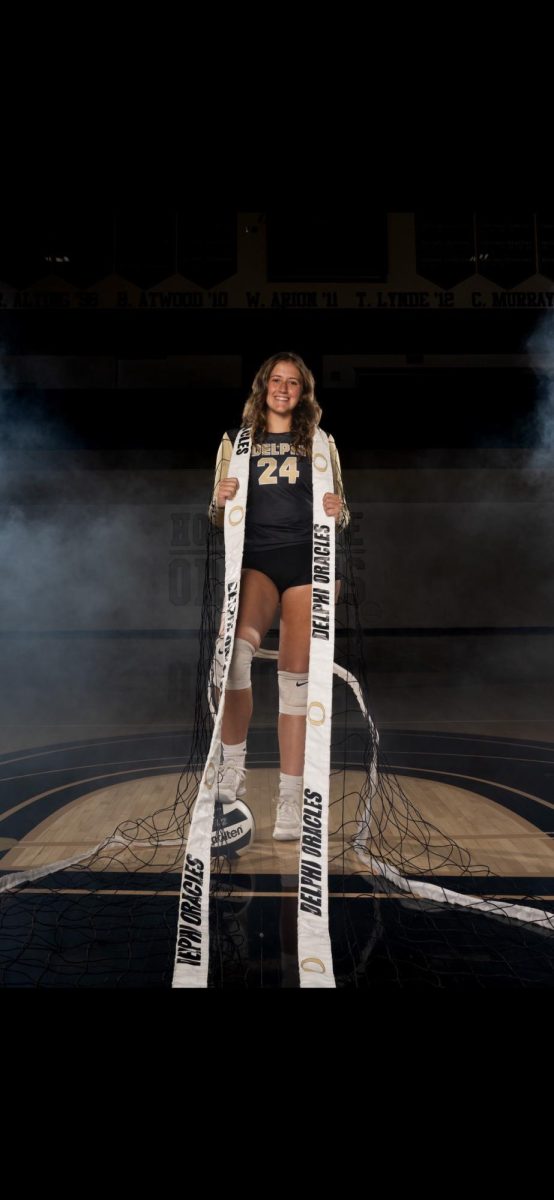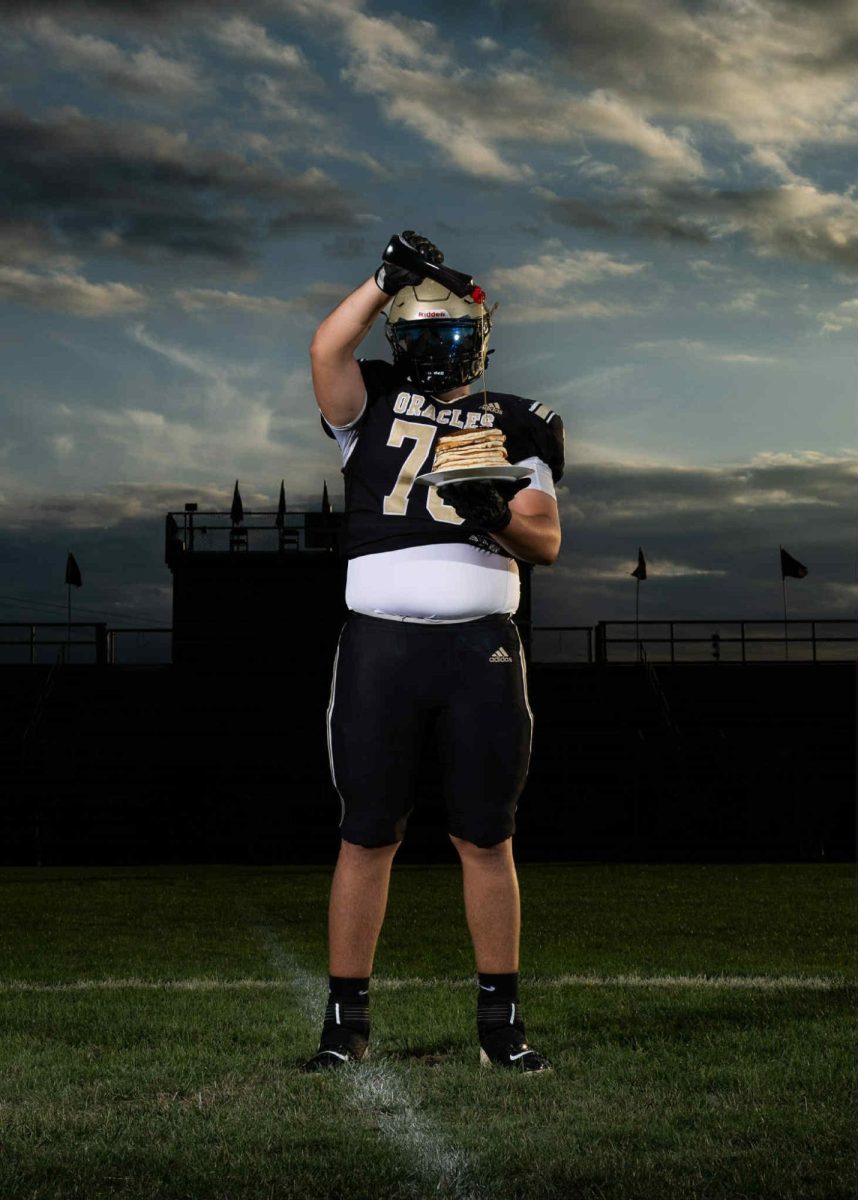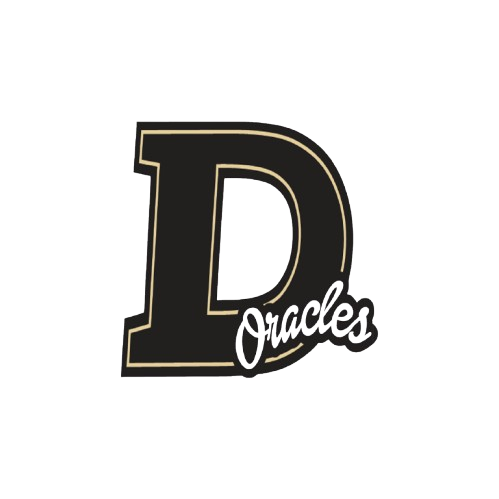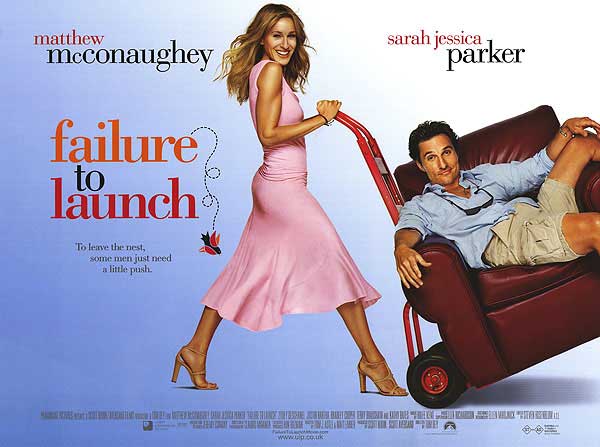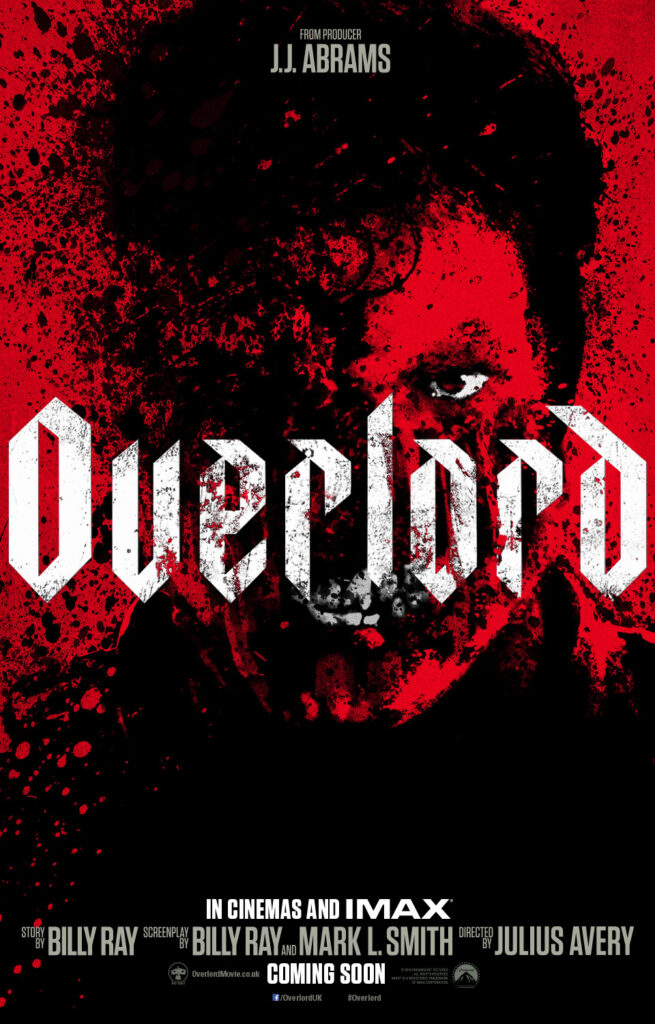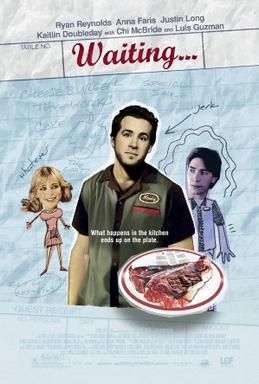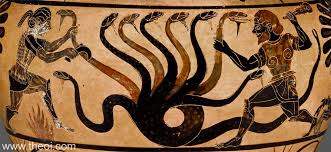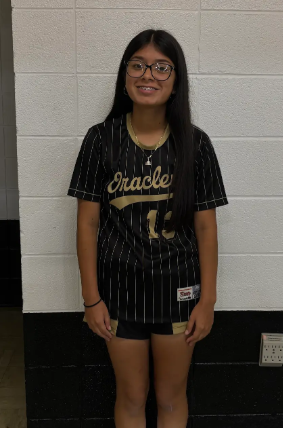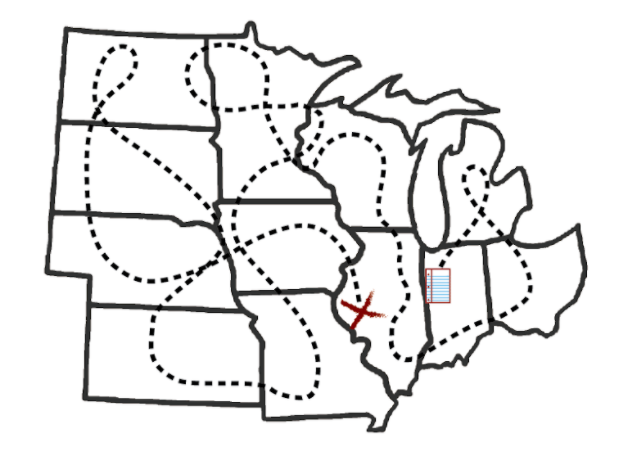The life of a piece of paper: from your test to your toilet paper
From the moment you receive a piece of paper, it’s your decision if it is placed in the trash, a folder, or the recycling bin. We all know the story of a piece of paper that is thrown in the trash. We also know that when you put a piece of paper in a folder, eventually it will be thrown away, burned, or clumped up in the back corners of your room. But what about the piece of paper that got placed in the recycling bin?
You receive a piece of homework or an old test and throw it in the blue recycling bin located somewhere by the door in your classroom. You are proud of yourself for the environmentally sound decision, but have you ever wondered where it goes from there?
Mr. Plank’s animal science classes play the first part in the long narrative that unfolds for our piece of paper. Students that take animal science come into the classrooms on Wednesdays once a week during 2nd or 6th period to pick up the bright blue recycling bins from your classrooms. From there your piece of paper gets placed in a large bin located outside of the school, and it stays there until the next Thursday when the truck from the Carroll County transfer station comes to get our school’s large bin of recycled paper and plastics. Your paper then takes a short ride in the back of that truck, which is similar to that of a garbage truck, and is brought to the transfer station located just down the road from Indiana Packers.
From there your single piece of paper and all the other pieces of paper and plastics from all around Carroll County are sold to Werner & Son, Inc., located in Frankfort, Indiana. Werner & Sons, Inc. is a locally owned business that has been providing local businesses, schools, and communities with a way to recycle. Once at Werner’s, the paper and plastics products are separated. Then the paper products are sorted by grade and type of paper. Sorting by grade is a way of categorizing the paper based on its thickness and material. As for sorting by type, this means sorting newspaper, office paper, colored paper, cardboard, etc. The office paper, which most likely includes your piece of paper, is placed in boxes on skids and then put in storage until the company can sell large amounts of it to a broker in Wisconsin.
Once the broker in Wisconsin finds a buyer, your piece of paper and all the pieces of paper from our rural Delphi community are washed in soapy water to remove ink. The end result of this process is a pulp which will be made into a paste. This paste will then be shaped into sheets that will be turned into paper products.
Troy Werner, owner and president of Werner & Son, stated, “One of the biggest companies our broker sells to is Kimberly-Clark,” a large industrial producer of toilet paper, tissues, and Huggies products. Kimberly-Clark’s production plant is located in Neenah, Wisconsin. Companies like Kimberly-Clark produce Scott and Cottonelle toilet paper as well as Kleenex tissues. These products are then sold to 3rd party distributors that place Kimberly-Clark’s products on the shelves of many mainstream stores such as Walmart and Target.
However, not all of the recycled paper is sold to big brand named companies. According to Werner, it is also used to make the low-grade tissue and toilet paper used by most hotels, schools, and businesses. The toilet paper that we use at school is a low grade 100% recycled toilet paper from Hillyard. They have many locations and five are located in Wisconsin. Werner & Son Inc. sends all of their products to a broker in Wisconsin that distributes the paper to major companies in Wisconsin, meaning that every paper you are recycling could be the paper that makes it back to you in the school bathroom stalls in the form of toilet paper. While this might be a stretch, it is still a very possible reality.
Your single piece of paper can travel thousands of miles in different forms, and can end up right back on the shelves of your local grocery stores in the form of everyday necessities. Who knows? Your single piece of paper might end up back in the very school it started from after its long journey around capitalist America.
For any further questions or inquiries about the recycling process for DCHS check-out the links below, comment on the article, or contact me by email.

Ava is a senior at Delphi Community High School and is in her third year of Parnassus. She is a member of the DCHS plays, musicals, and French club. She...


